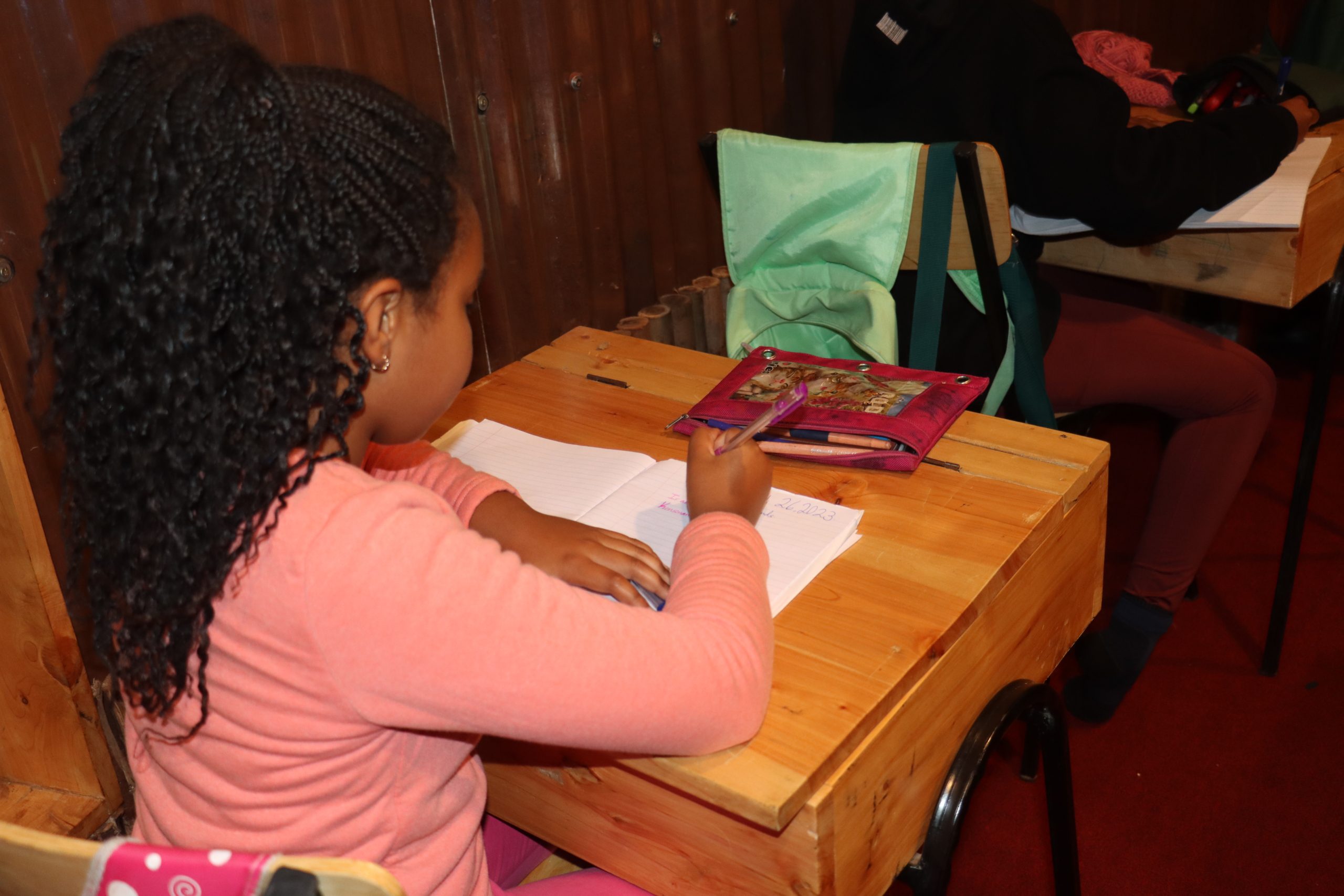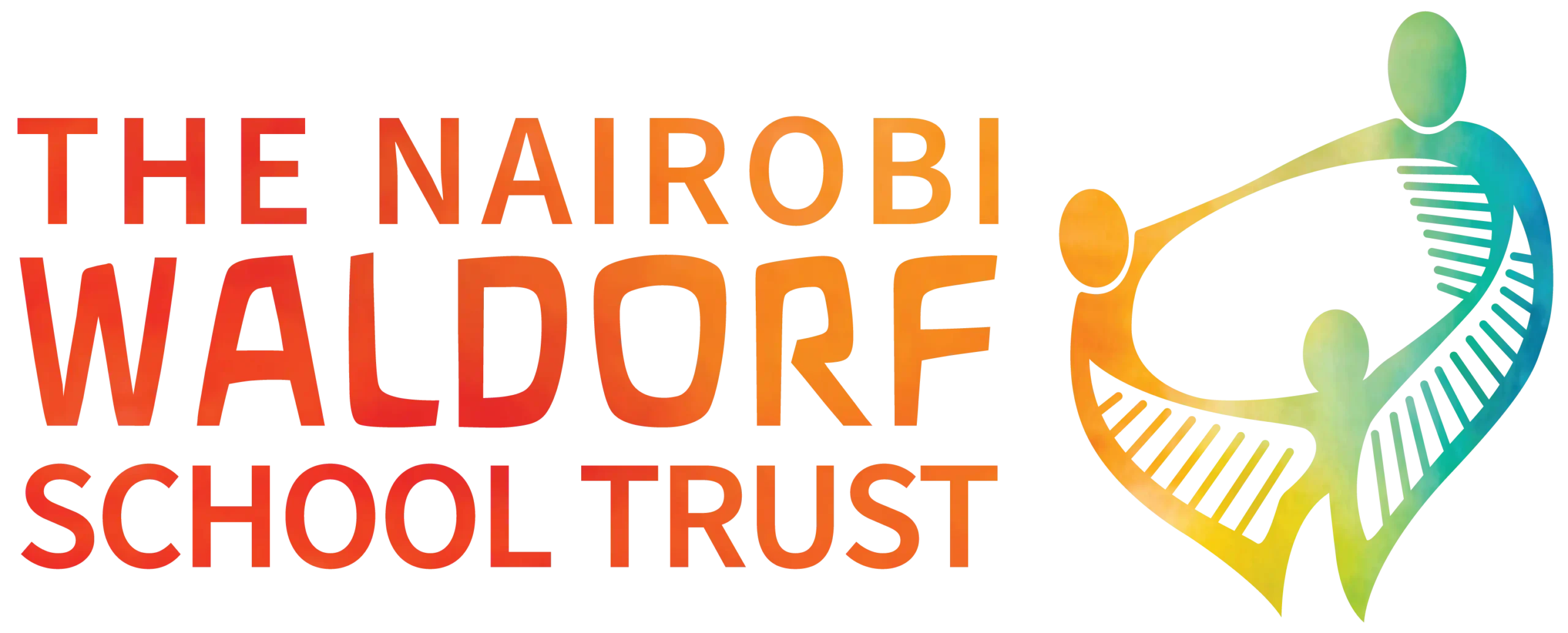Grade 3
In Grade 3, students experience a significant shift as they begin to build a stronger sense of independence. Noticeable physiological, psychological and cognitive changes take place in the child this year. The nine/ten year threshold represents a very significant step in self-awareness. Children realize they are separate from their surroundings and meet the world as individuals, often resulting in increased questions, self-doubt and wonder. Waldorf gives its third-grade lessons a practical orientation.This stage focuses on developing responsibility, self-confidence, and understanding their place within the community. The curriculum at NWST blends academic rigor with creativity and practical life skills.
Core Subjects and Activities:
- Mathematics: Students explore multiplication, division, and measurement. The practical approach helps them see how math applies to everyday life, from constructing buildings to understanding the world around them.
- Language Arts: Emphasis is placed on reading comprehension, spelling, and grammar, as students enhance their writing skills. The development of clear communication is a priority, with storytelling and journaling as key tools.
- Handwork: Practical skills like knitting, crocheting, and sewing are taught, fostering patience and fine motor skills.
- Physical Education: Through movement, students engage in exercises that improve coordination, balance, and strength, while encouraging teamwork and perseverance.
- Movement: This expressive movement form is integrated into daily activities, helping students enhance both their physical and emotional awareness.
- Geography and History: Students begin learning about the world’s various cultures, focusing on the relationship between people and the land they live on.
- Science: Observational and experiential learning form the core of the science curriculum, including topics such as plant growth, simple machines, and animal studies.
- Music: Class 3 students refine their musical skills by singing in rounds and maintaining independent melodies. They practice this both vocally and on the recorder. Basic music theory is introduced through storytelling, leading to sight-playing and simple melody composition. Rhythmic work is reinforced through singing, playing, and practical exercises, strengthening their overall musical foundation.
A Typical Day in Grade 3:
The day at NWST is thoughtfully structured, offering balance and flow between academic lessons, creative time, and outdoor activities. Students begin their day with morning circle time, followed by focused learning sessions in core subjects. Afternoons are dedicated to artistic and practical activities such as handwork, gardening, and physical education, allowing children to explore their interests and abilities.
Shelter and House-Building – Exploring Human History and Practical Skills
As part of our study of geography and history, Grade 3 students at NWST dive into the fascinating journey of how humans began to build shelters. Starting with the Biblical concept of “man’s first home,” we explore how early humans, after being expelled from Paradise, created ways to protect themselves from the elements. Students learn about how the environment shaped the types of homes built across different regions—whether on stilts, made of grass, mud, or other materials.
Hands-On Learning: Building Models and Presentations
Students will get to design and construct models of different types of houses based on their studies. This project encourages creativity and practical thinking, as students present their designs to the class and answer questions about their choices, materials, and building process.

A Real-Life Project
In addition to the model building, the class may take on a small building project on the school grounds, applying what they have learned about structures and construction. This hands-on experience gives students a deeper understanding of architecture and teamwork. At NWST, our Grade 3 students actively engage in hands-on building projects as part of their practical learning experience. At the Karen Campus, they constructed the gazebo, while at the Lavington Campus, they built the store. In 2025, they will take on a new challenge, helping refurbish the exit gate at the Karen Campus. These projects foster teamwork, problem-solving, and a deep sense of accomplishment, reinforcing the Waldorf philosophy of learning through doing.
